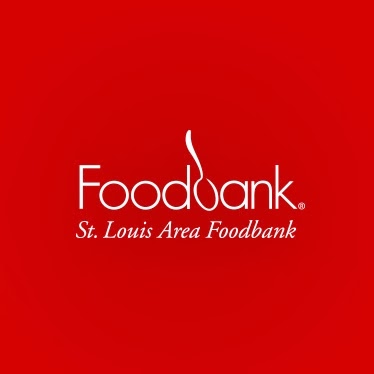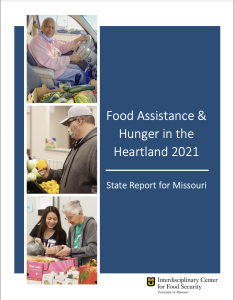by Kelly Hall, RD, LD
In honor of National Nutrition Month, it is important to take a look at the efforts being made to provide healthy food options to the millions of people in need of food assistance every day in our country. With an ever growing push towards eating healthy and staying fit, Food Banks are trying to do their part to provide clients with healthier foods along with nutrition education to help them make healthy choices on their own.
With millions of pounds of food being distributed to those in need, many Food Banks are striving to provide the best possible products to not only help fill the stomachs of their clients but provide food that will help lead to a healthier future. Typically seen as large warehouses that distribute shelf-stable food, Food Banks are evolving and providing more fresh fruits and vegetables, whole grains, low fat dairy and lean meats to better meet the nutritional needs of those they serve. Diets rich in these foods will help reduce the risk of obesity, heart disease and diabetes, all three conditions that are prevalent in today’s society.
Food Banks are also making efforts beyond just the food they provide and focusing on programs and services that will help educate their communities on the benefits of health eating. Food Banks are providing healthy cooking classes, leading informative grocery store tours, creating community gardens, utilizing local farms and farmers, and providing a wide variety of resources to make healthy living a possibility for those struggling to make ends meet.
One of the best resources that has been created to benefit Food Banks and nutrition and health professionals and help to bridge the gap between hunger relief and good nutrition is the Healthy Food Bank Hub. The Hub is designed to provide healthy food resources to Food Banks across the country and includes everything from information on healthy food distribution to recipes and educational material to ways to get involved and stay informed on the healthy food movement.
For those that look to Food Banks, food pantries and soup kitchens for their next meal, eating healthy is not something they can do on their own. With the efforts of Food Banks to provide healthy food and nutrition education, the idea of healthier, well fed communities isn’t too far away and each one of us can do our part to make this happen. Contact your local Food Bank and see what you can do to help, whether it is volunteering at a distribution center, using your own nutrition knowledge to offer cooking classes or healthy recipes, or simply inquiring about efforts in your community to help create awareness about nutrition. Together we can work towards a healthier, more nutritious future.
Kelly Hall, RD, LD is the IL School Breakfast Coordinator at the St. Louis Area Foodbank. She is a registered dietitian. You can contact Kelly at KHall@stlfoodbank.org or at (314)292-5767.


